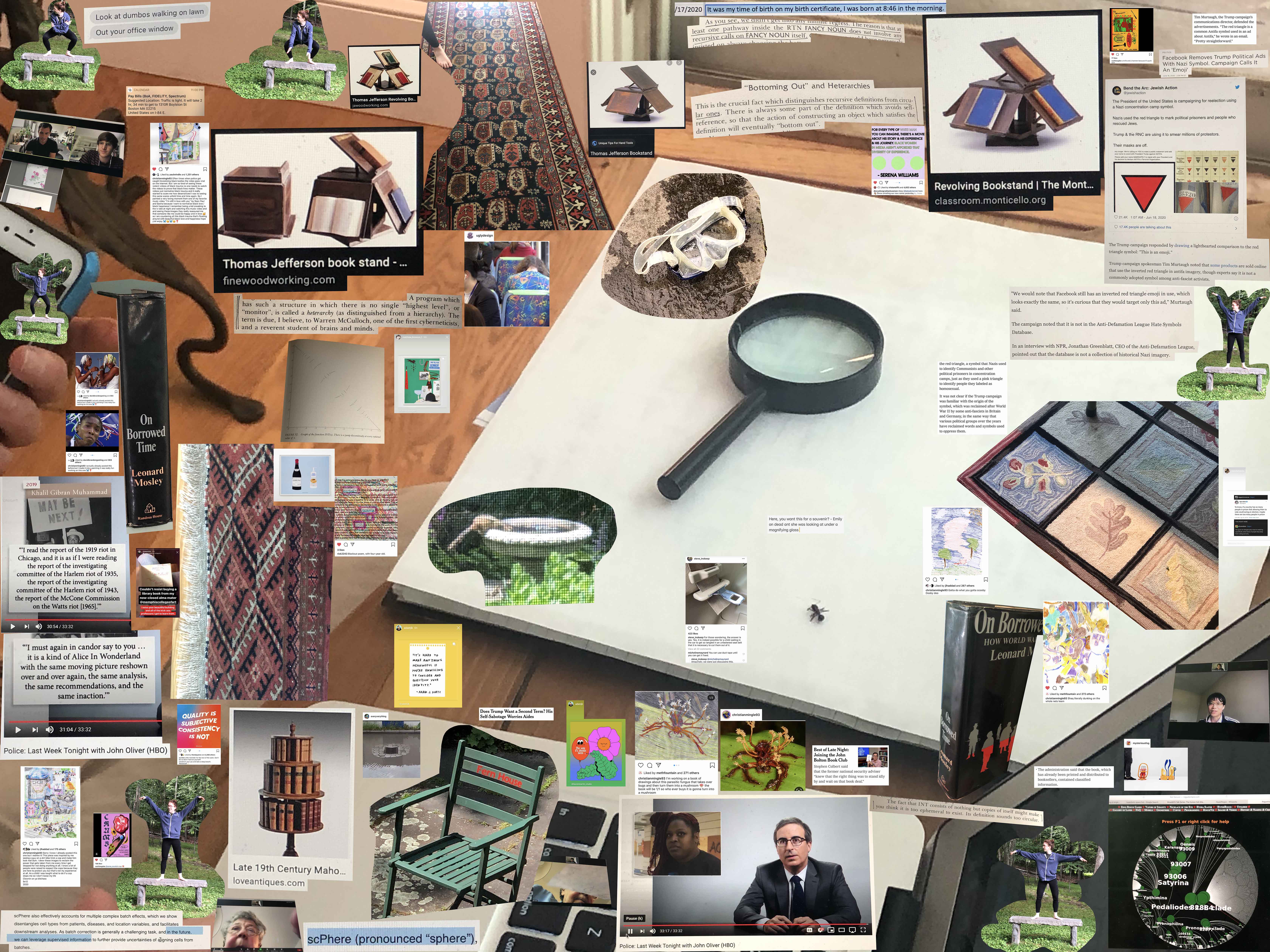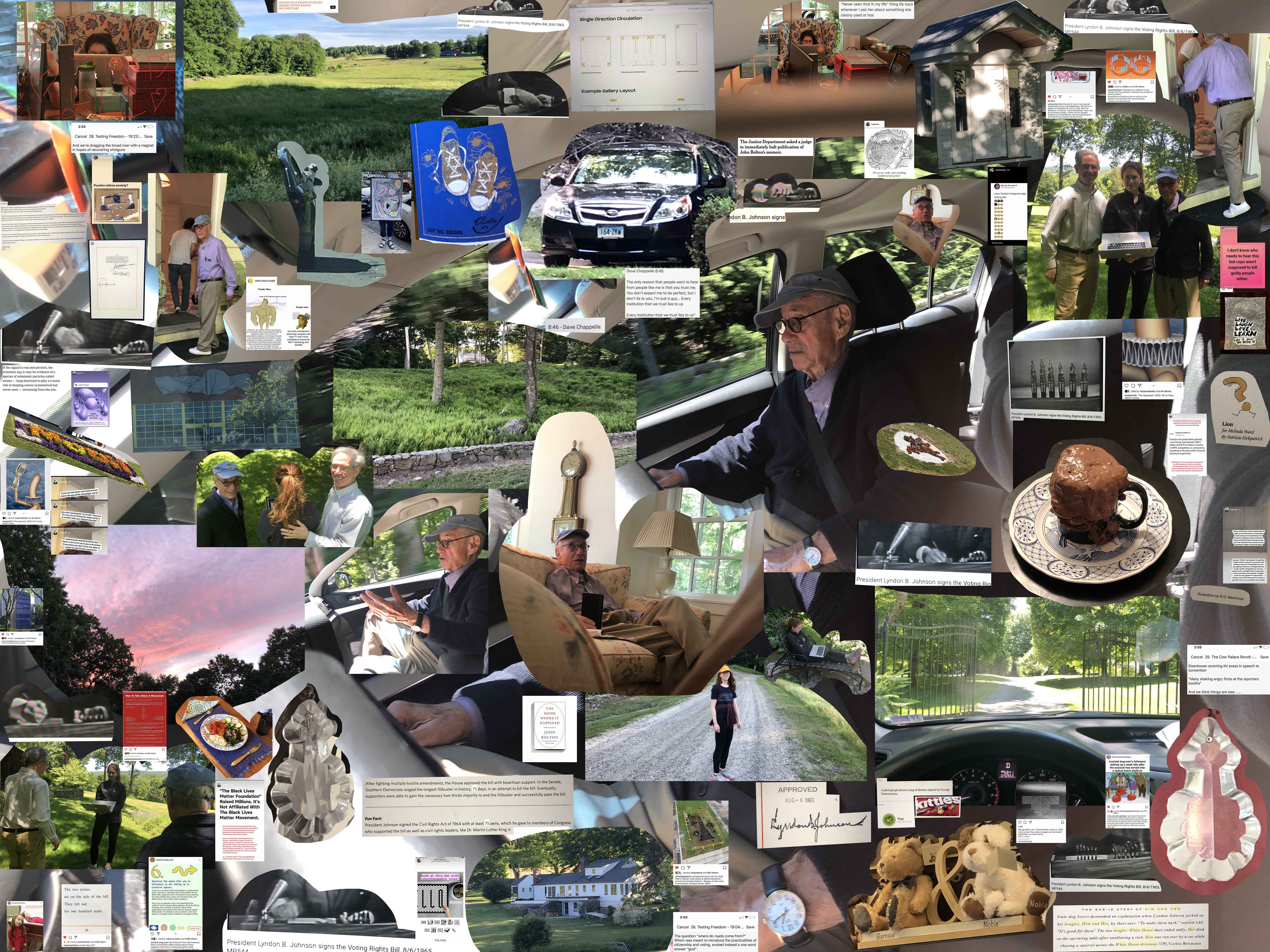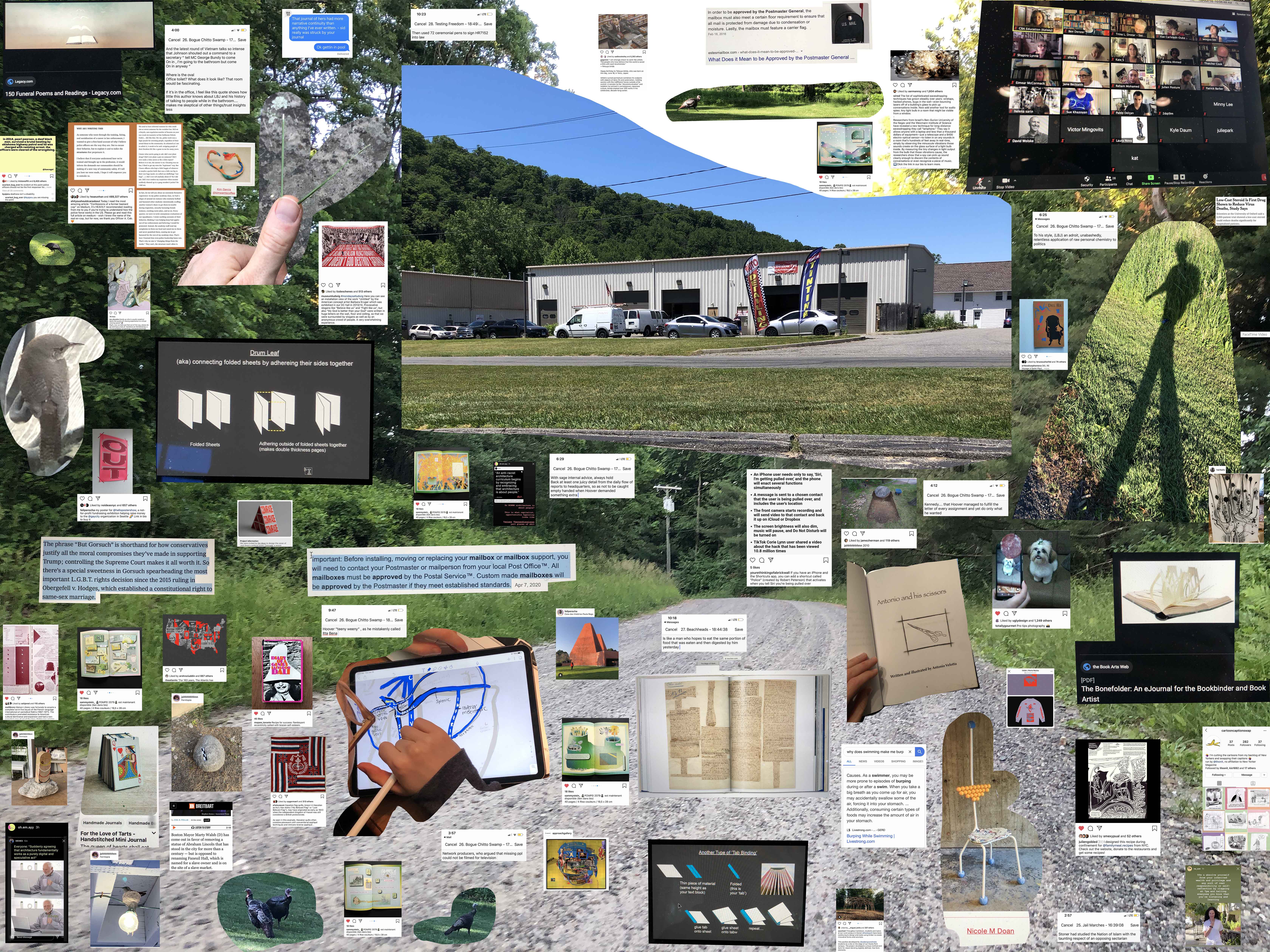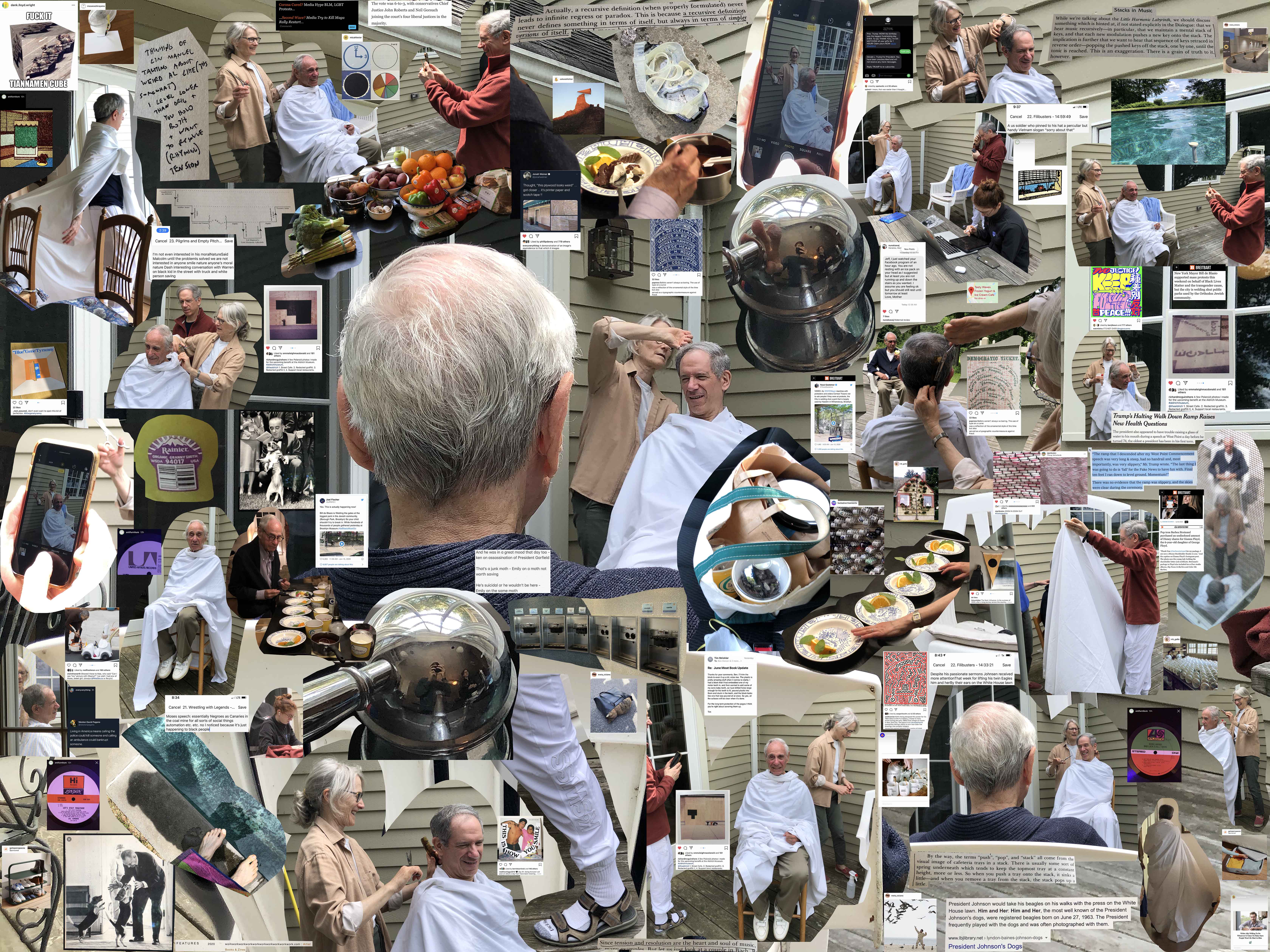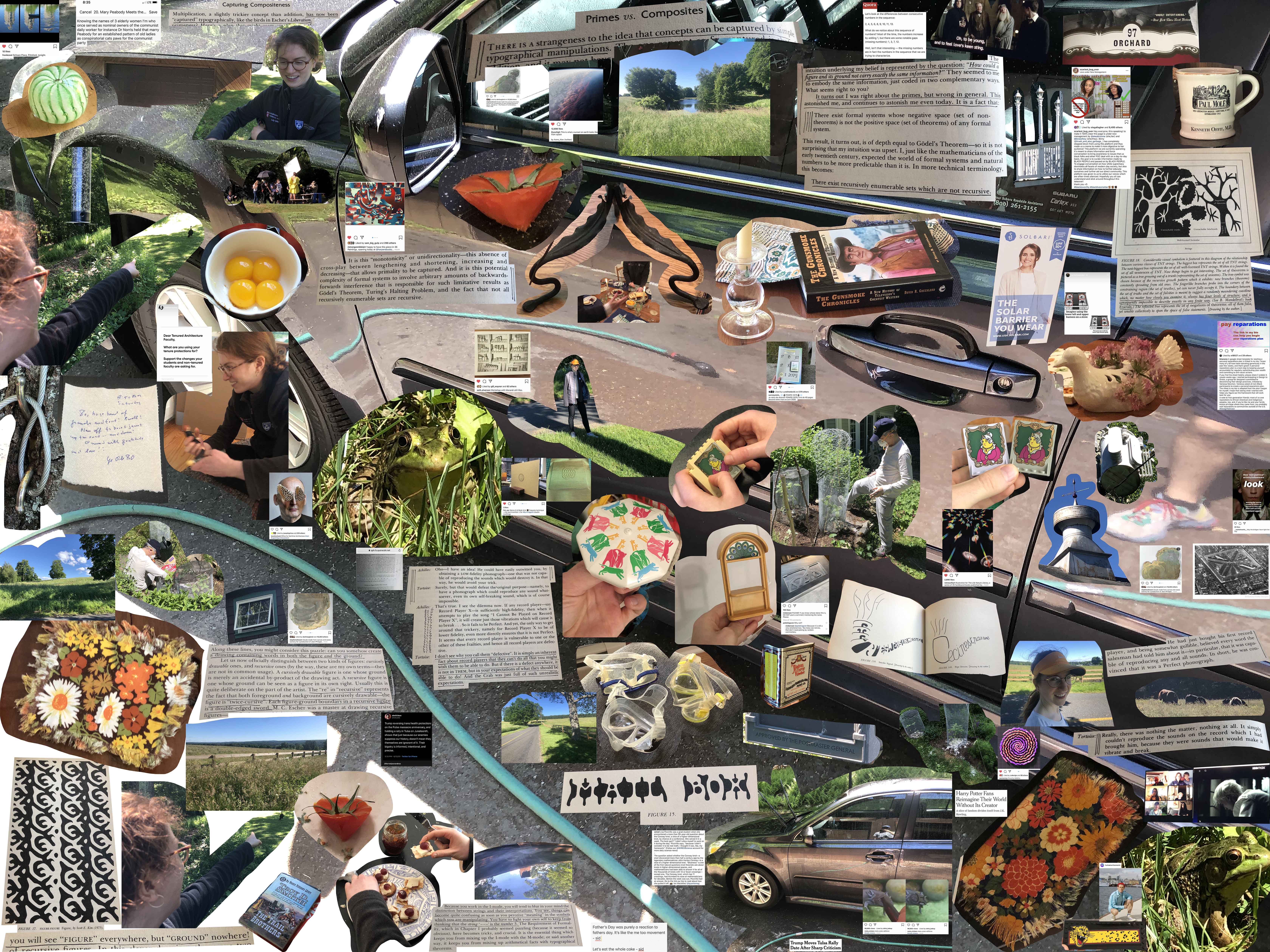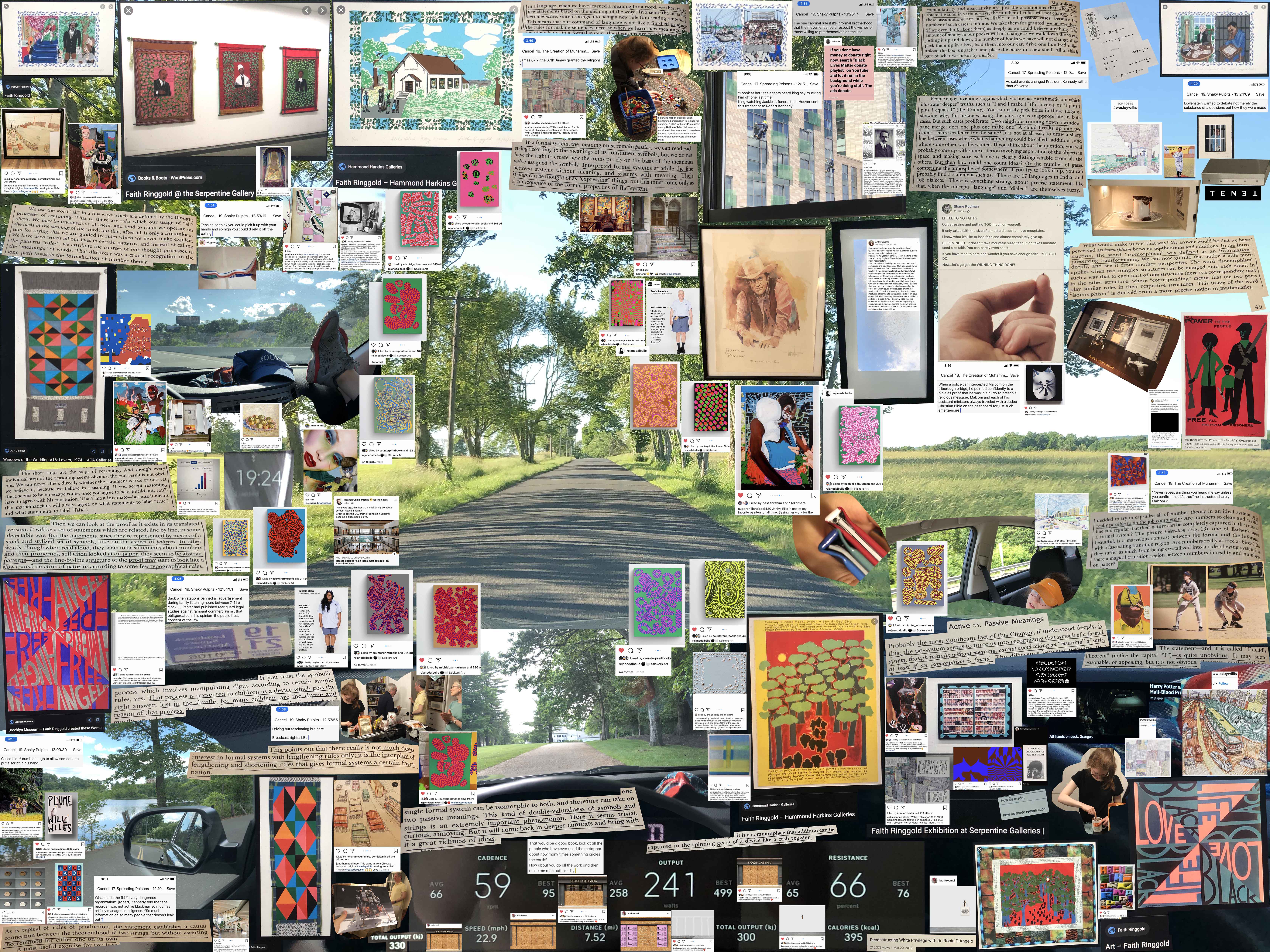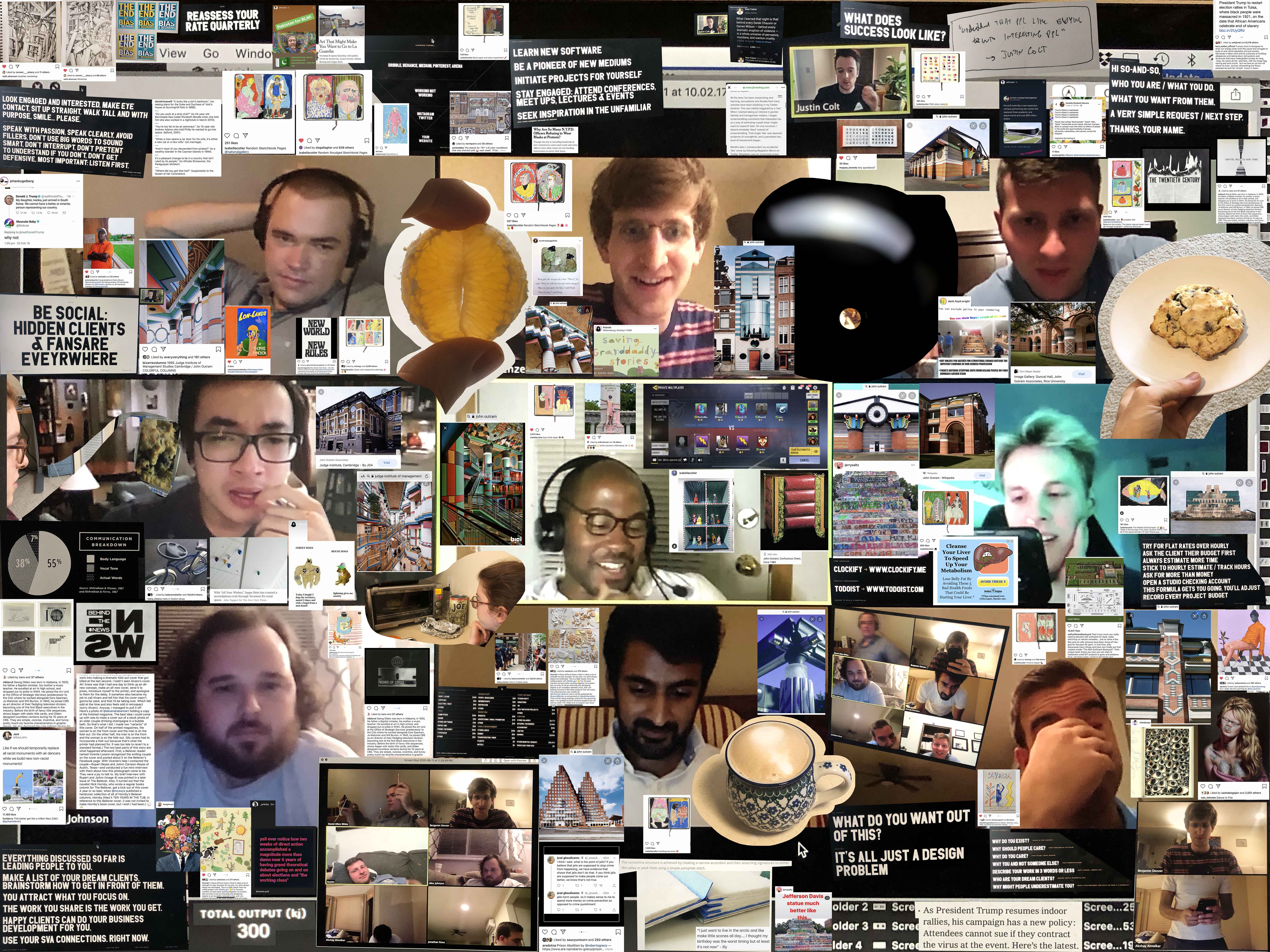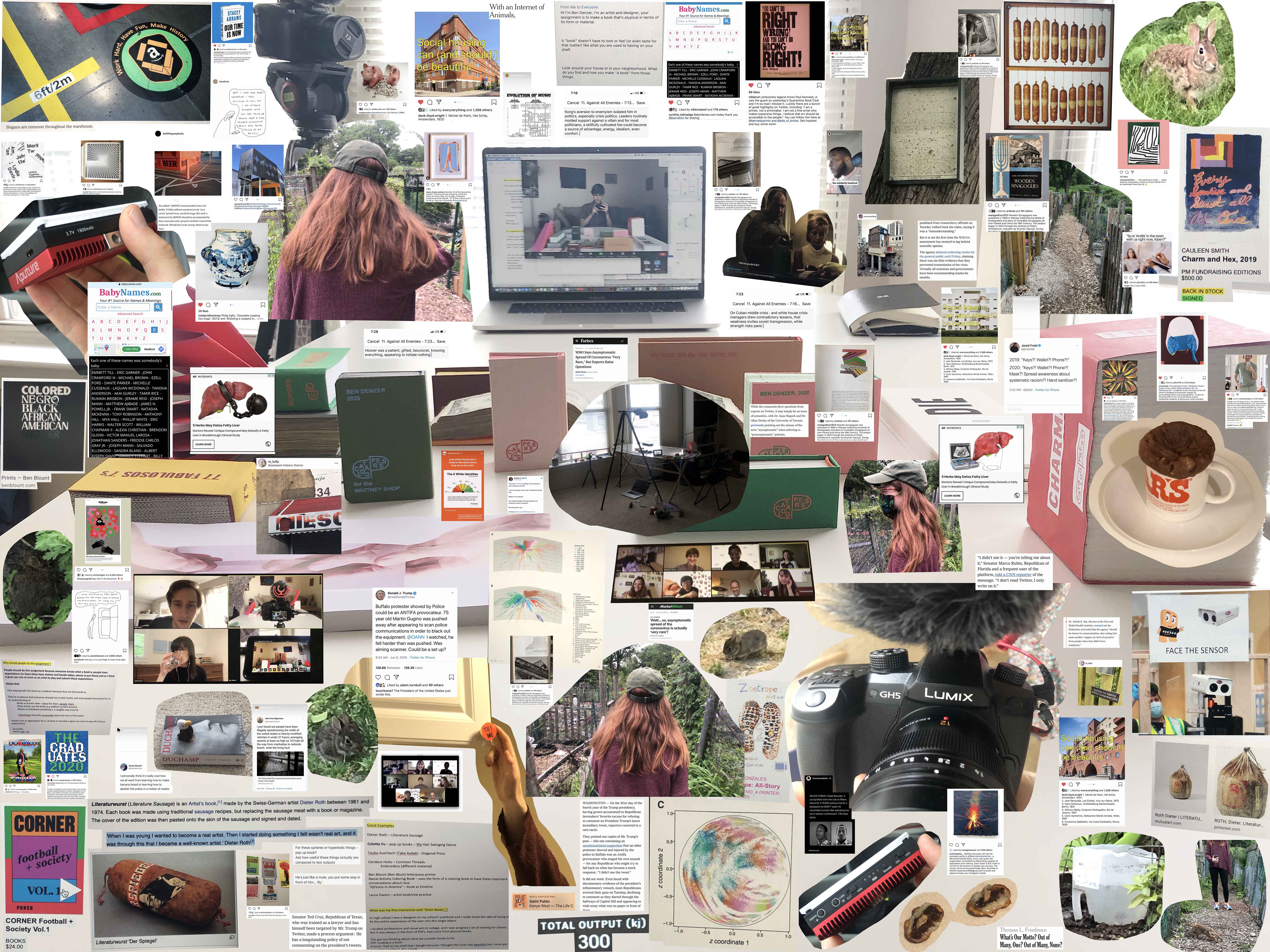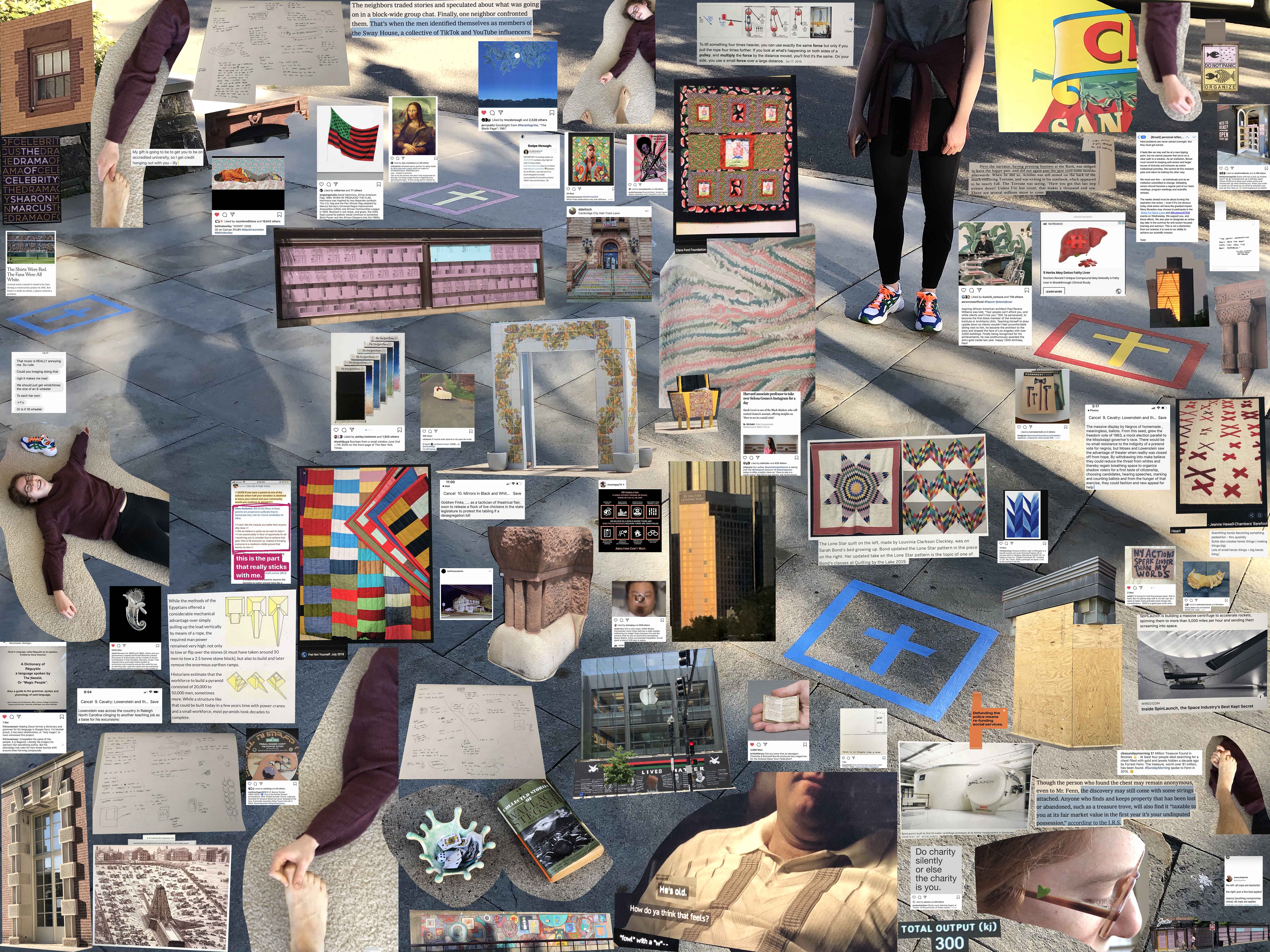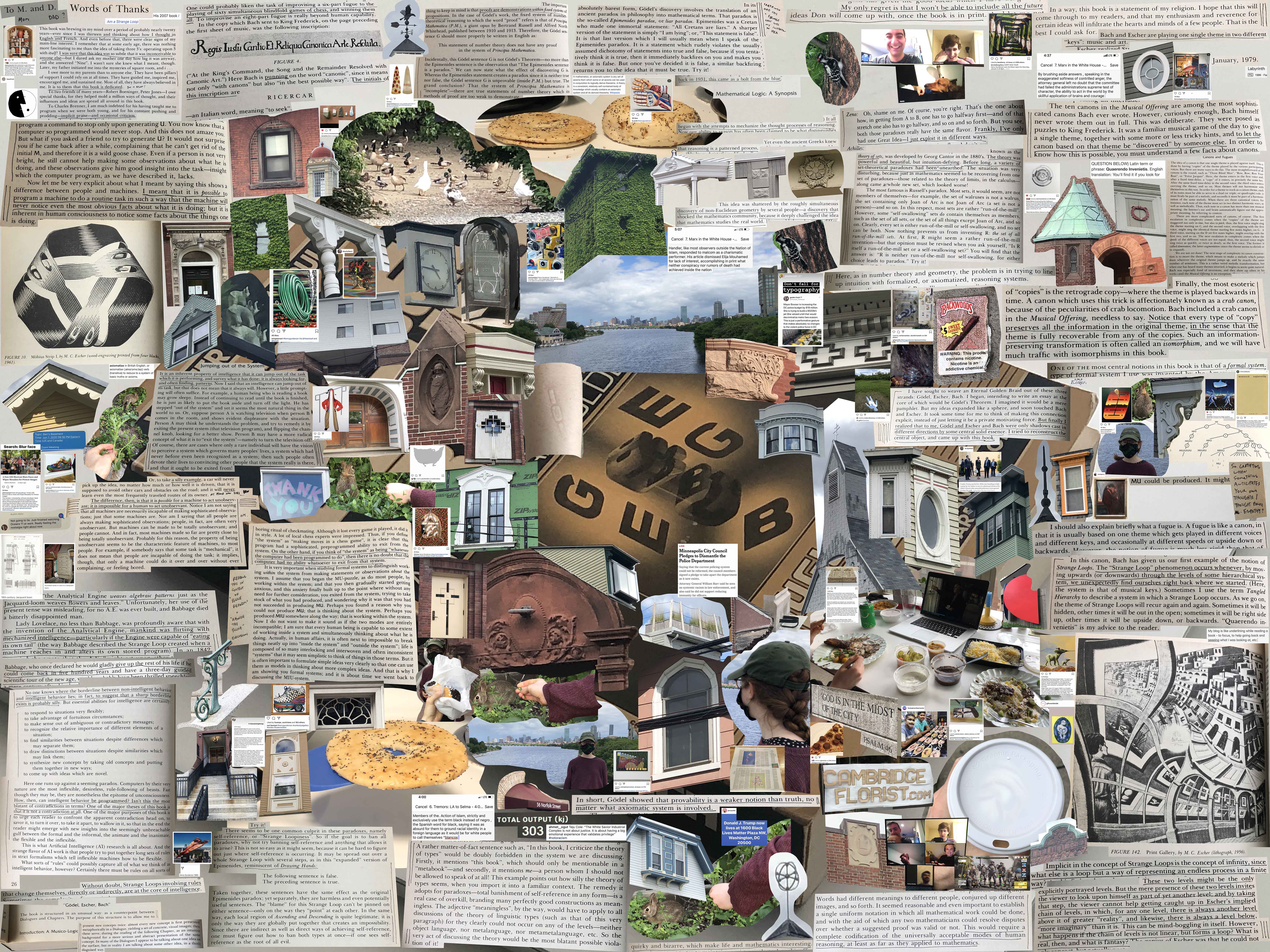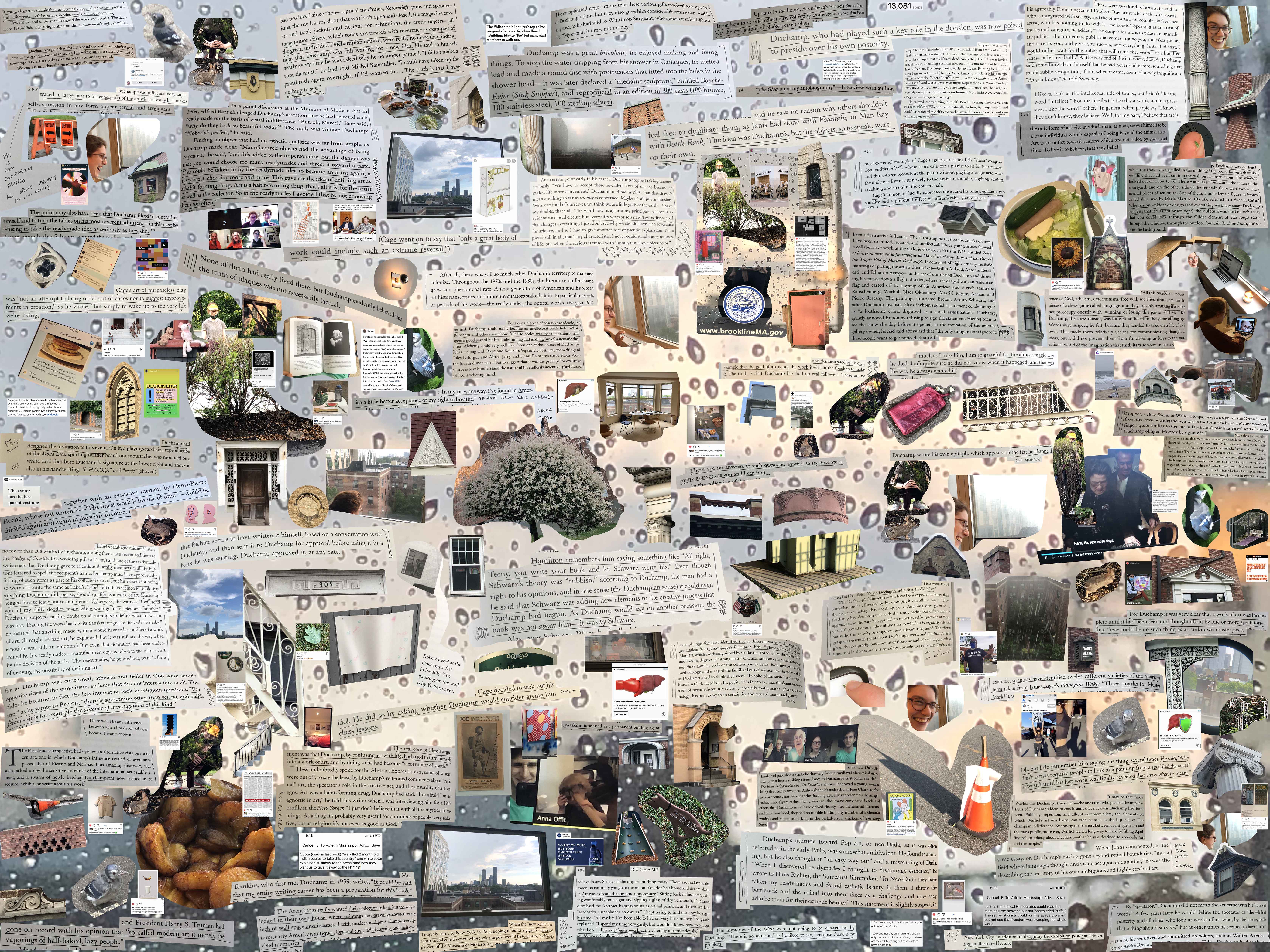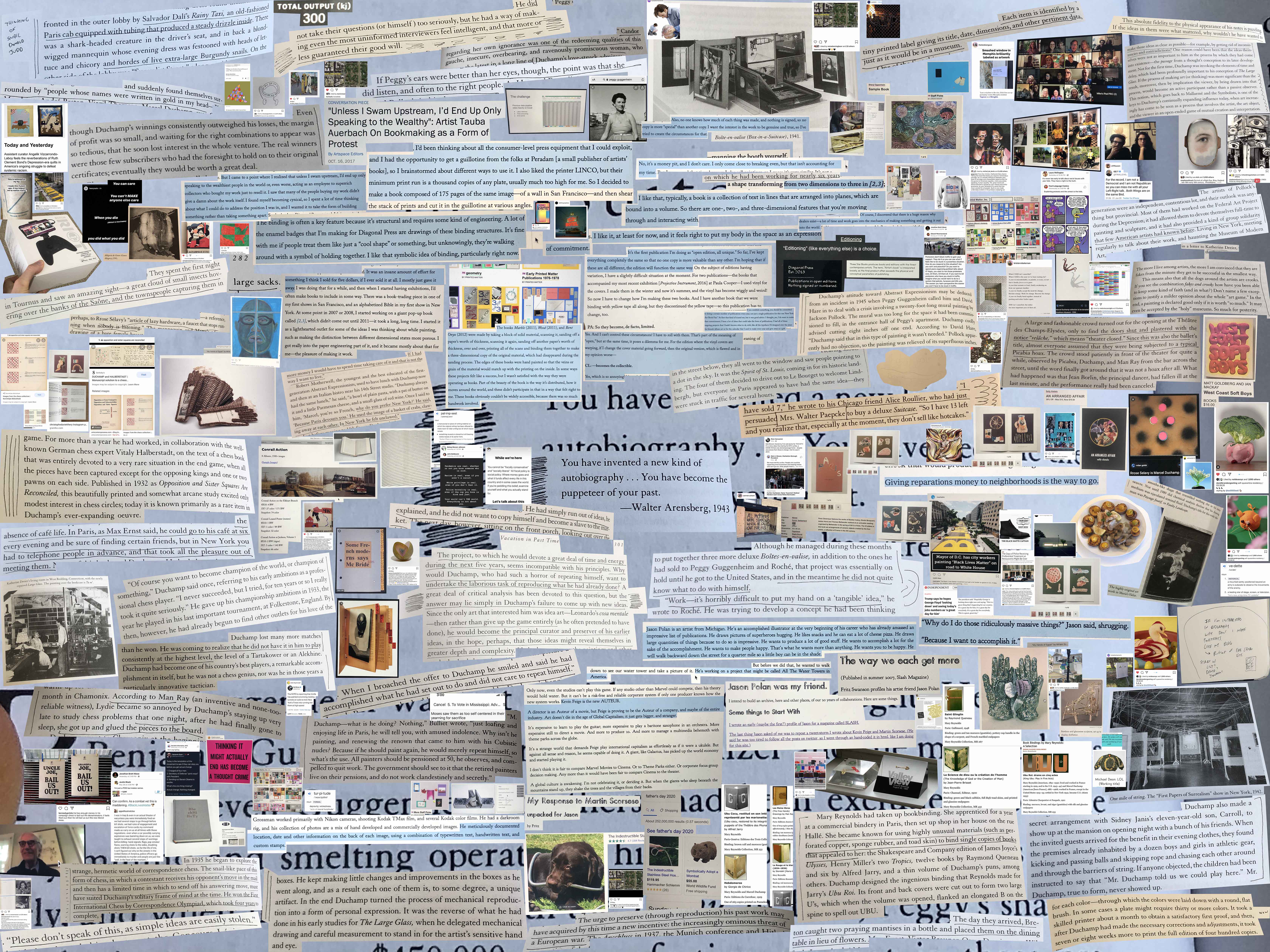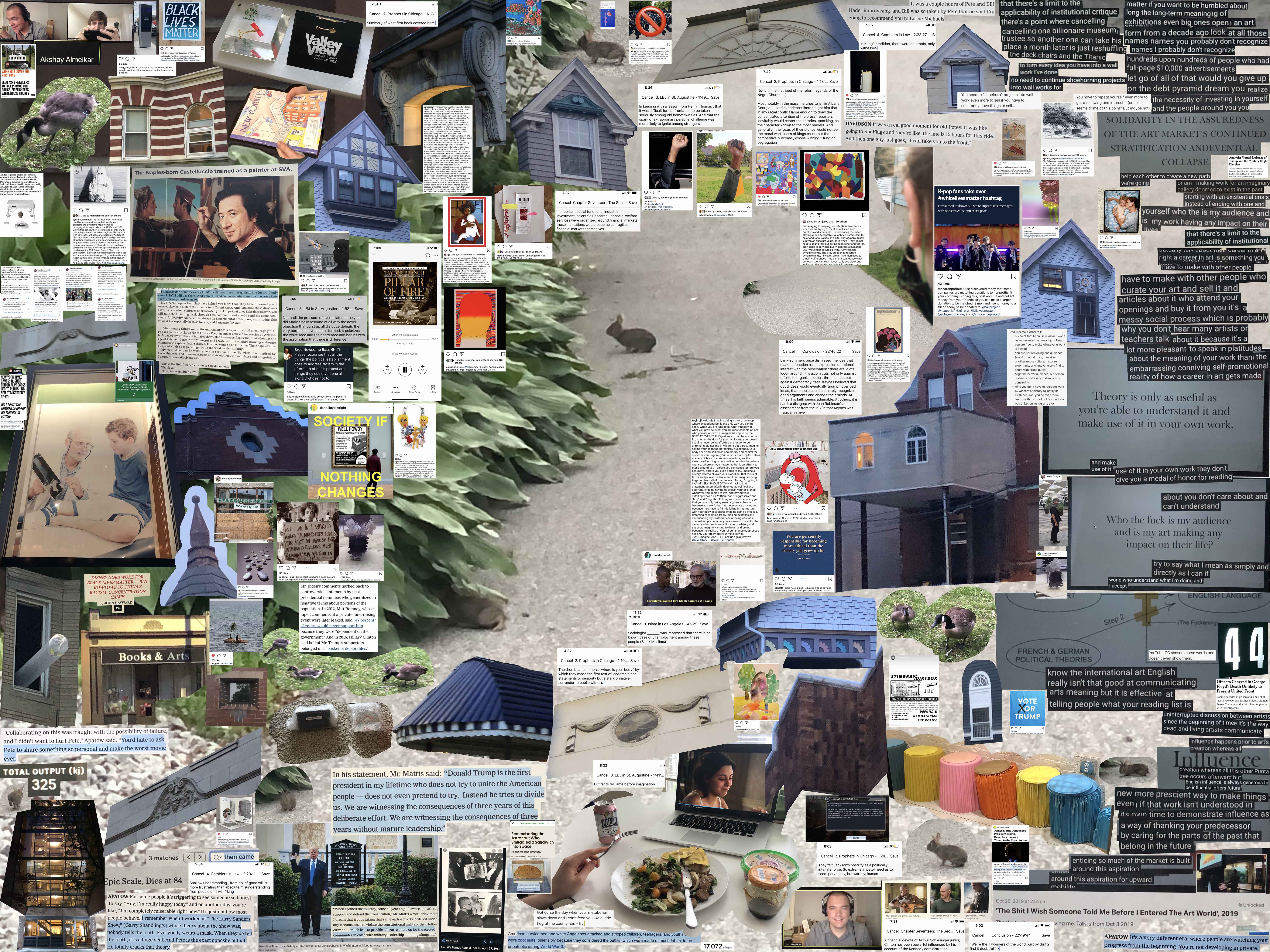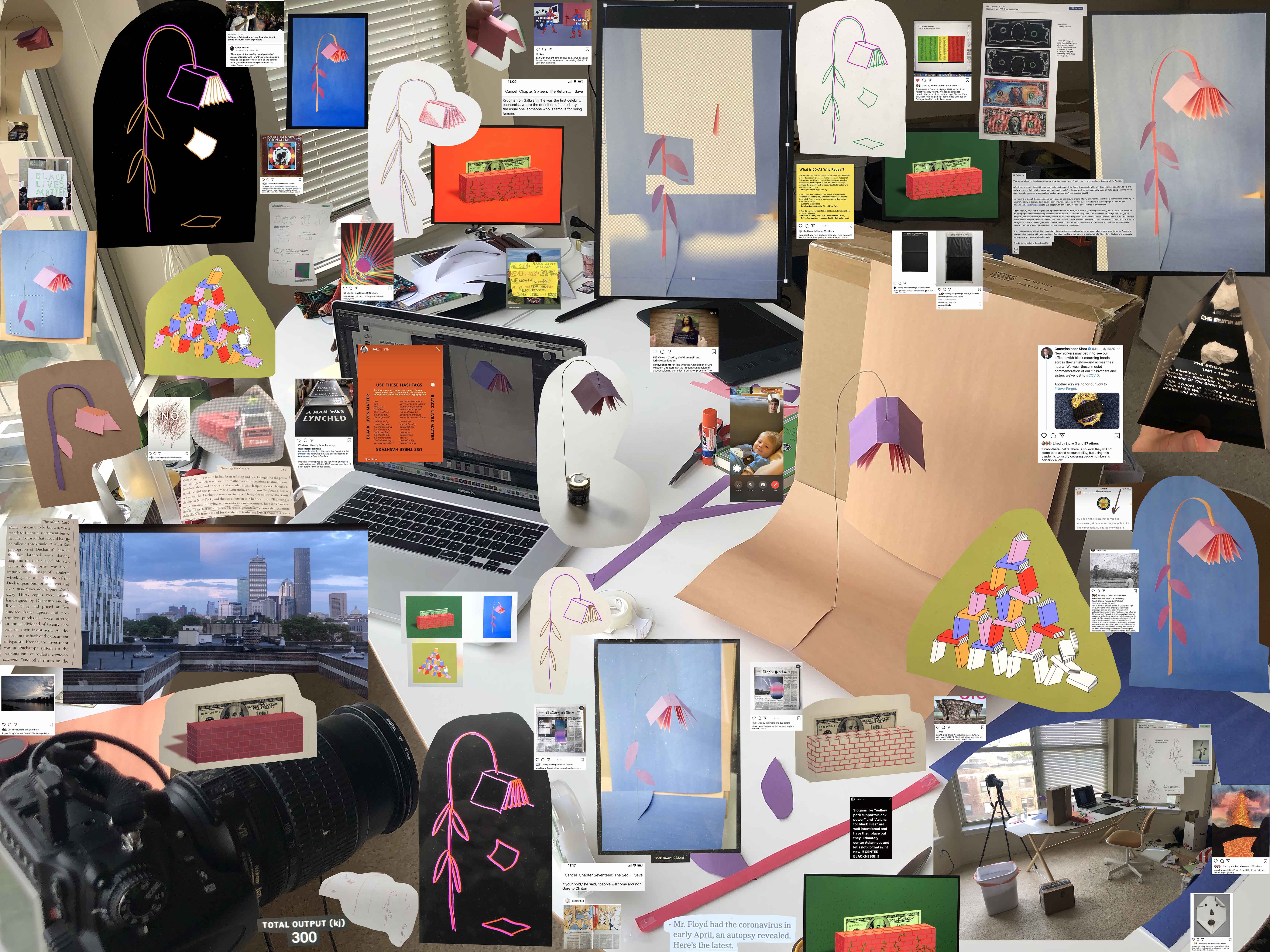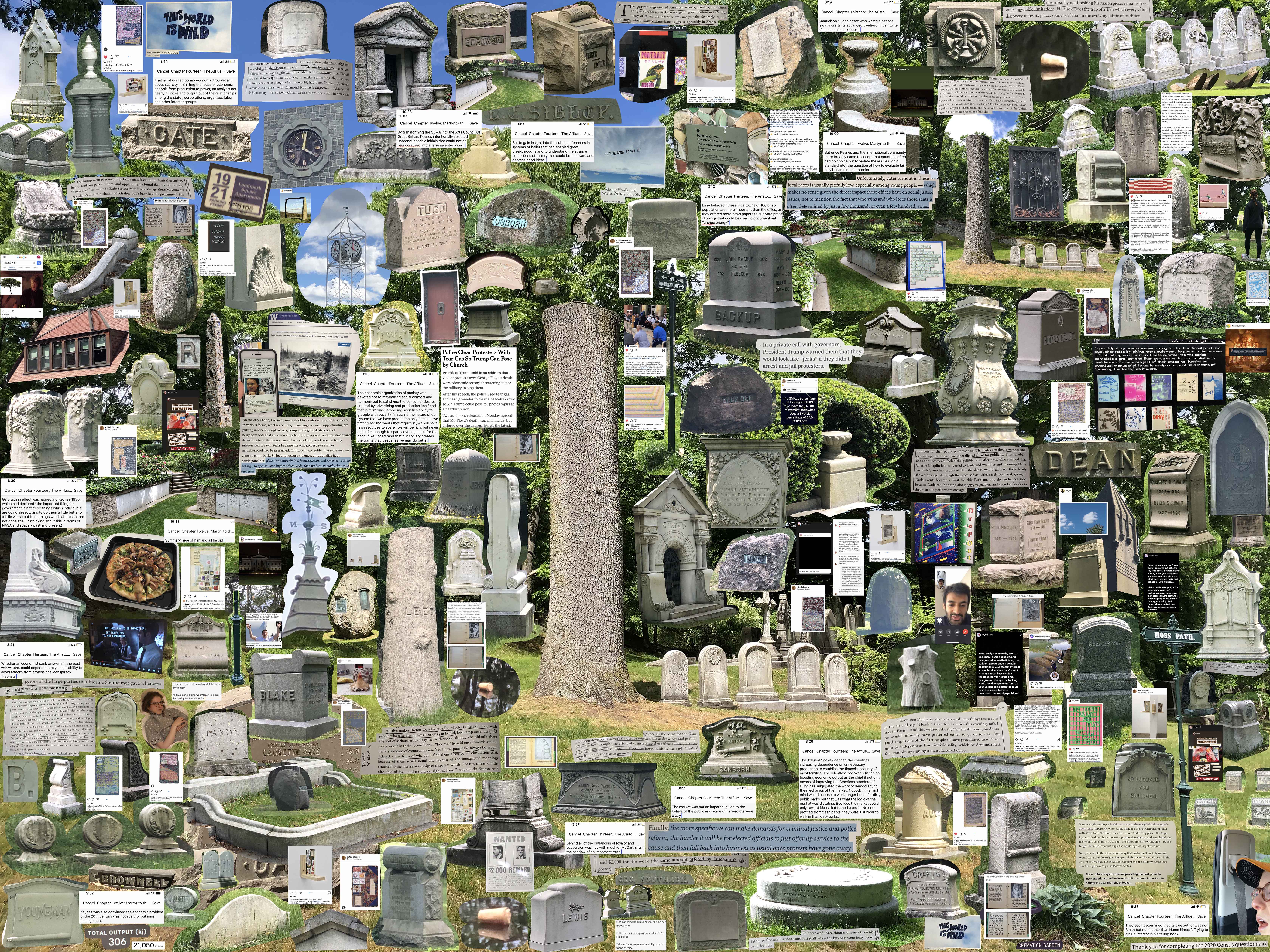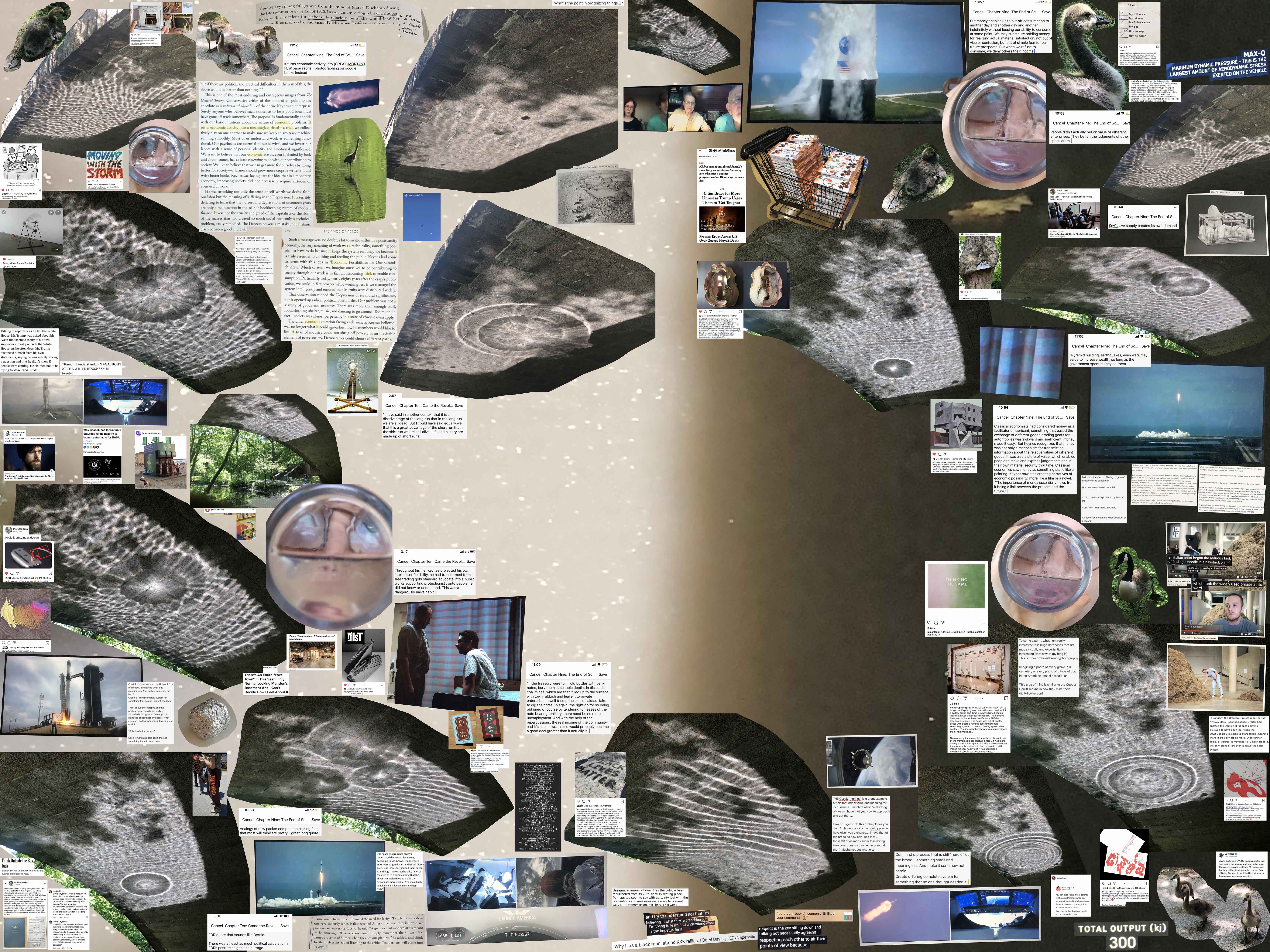Thursday, June 18, 2020
I read that report . . . of the 1919 riot in Chicago, and it is as if I were reading the report of the investigating committee on the Harlem riot of ’35, the report of the investigating committee on the Harlem riot of ’43, the report of the McCone Commission on the Watts riot. I must again in candor say to you members of this Commission—it is a kind of Alice in Wonderland—with the same moving picture re-shown over and over again, the same analysis, the same recommendations, and the same inaction.
— Kenneth B. Clark, via "Police," Last Week Tonight with John Oliver
Wednesday, June 17, 2020
The only reason that people want to hear from people like me is because you trust me. You don't expect me to be perfect, but I don't lie to you. I'm just a guy. And I don't lie to you. And every institution, every institution that we trust, lies to us.
— Dave Chappelle, 8:46
Tuesday, June 16, 2020
Then used seventy-two ceremonial pens to sign H.R. 7152 into law.
— Taylor Branch, Pillar of Fire: America in the King Years, 1963-1965
Monday, June 15, 2020
That's a junk moth.
— Emily on a moth not worth saving
Sunday, June 14, 2020
Genie: Oh, aren't you acquainted with recursive acronyms? I thought everybody knew about them. You see, "GOD" stands for "GOD Over Djinn"—which can be expanded to "GOD Over Djinn, Over Djinn"—and that can, in turn, be expanded to "GOD Over Djinn, Over Djinn, Over Djinn"—which can, in turn, be further expanded . . . You can go as far as you like.
— Douglas Hofstadter, Gödel, Escher, Bach
Saturday, June 13, 2020
Tortoise: Really, there was nothing the matter, nothing at all. It simply couldn't reproduce the sounds on the record which I had brought him, because they were sounds that would make it vibrate and break.
— Douglas Hofstadter, Gödel, Escher, Bach
Friday, June 12, 2020
But the statements, since they're represented by means of a small and stylized set of symbols, take on the aspect of patterns. In other words, though when read aloud, they seem to be statements about numbers and their properties, still when looked at on paper, they seem to be abstract patterns—and the line-by-line structure of the proof may start to look like a slow transformation of patterns according to some few typographical rules.
— Douglas Hofstadter, Gödel, Escher, Bach
Thursday, June 11, 2020
Understand that people like buying into interesting people.
— Justin Colt, "SVA Remote Workshop #4"
Wednesday, June 10, 2020
Headquarters essentially restricted them to stenographic duties—long hours of tedium interrupted by disputes over how to distinguish one muffled voice from another over earphones. As consolation, they developed a kibitzer's interest in King's world, along with a proprietary stake in its importance.
— Taylor Branch, Pillar of Fire: America in the King Years, 1963-1965
Tuesday, June 9, 2020
King's aversion to "enemy-ism" isolated him in politics, especially crisis politics. Leaders routinely molded support against a villan, and for most politicians a skillfully cultivated foe could become a source of advantage, energy, idealism, even comfort.
— Taylor Branch, Pillar of Fire: America in the King Years, 1963-1965
Monday, June 8, 2020
My gift is going to be to get you to be an accredited university so I get credit hanging out with you.
— Lily
Sunday, June 7, 2020
Epimenides was a Cretan who made one immortal statement: "All Cretans are liars."
— Douglas Hofstadter, Gödel, Escher, Bach
Saturday, June 6, 2020
As Duchamp would say on another occasion, the book was not about him—it was by Schwarz.
— Calvin Tomkins, Duchamp
Friday, June 5, 2020
A director is an Auteur of a movie, but Feige is proving to be the Auteur of a company, and maybe of the entire industry. Art doesn't die in the age of Global Capitalism; it just gets bigger, and stranger.
— Fritz Swanson, "My Response to Martin Scorsese, unpacked for Jason"
Thursday, June 4, 2020
In King's tradition there were no proofs, only witnesses.
— Taylor Branch, Pillar of Fire: America in the King Years, 1963-1965
Wednesday, June 3, 2020
So the question is how can we continue sharing but do it in an effective way? We have to think about our target audience (the oppressor) and where they hang out virtually. We have to use their hashtags to meet them virtually.
— @sa.liine
Tuesday, June 2, 2020
"There is no such thing as a normal period of history," Robinson said. "Normality is a fiction of economic textbooks."
— Zachary D. Carter, The Price of Peace: Money, Democracy, and the Life of John Maynard Keynes
Monday, June 1, 2020
Can mine be a birdhouse?
— Lily on her gravestone
Sunday, May 31, 2020
Then came the seemingly eternal round of lobbying public officials, filing forms, waiting for environmental impact studies, speaking at hearings, rallying support. All of this, Christo insisted, was part of the art work.
— William Grimes, "Christo, Artist Who Wrapped and Festooned on an Epic Scale, Dies at 84," The New York Times
Saturday, May 30, 2020
But Keynes recognized that money was not only a mechanism for transmitting information about the relative values of different goods; it was also a store of value, which enabled people to make and express judgments about their own material security through time... "The importance of money essentially flows from its being a link between the present and the future."
— Zachary D. Carter, The Price of Peace: Money, Democracy, and the Life of John Maynard Keynes
